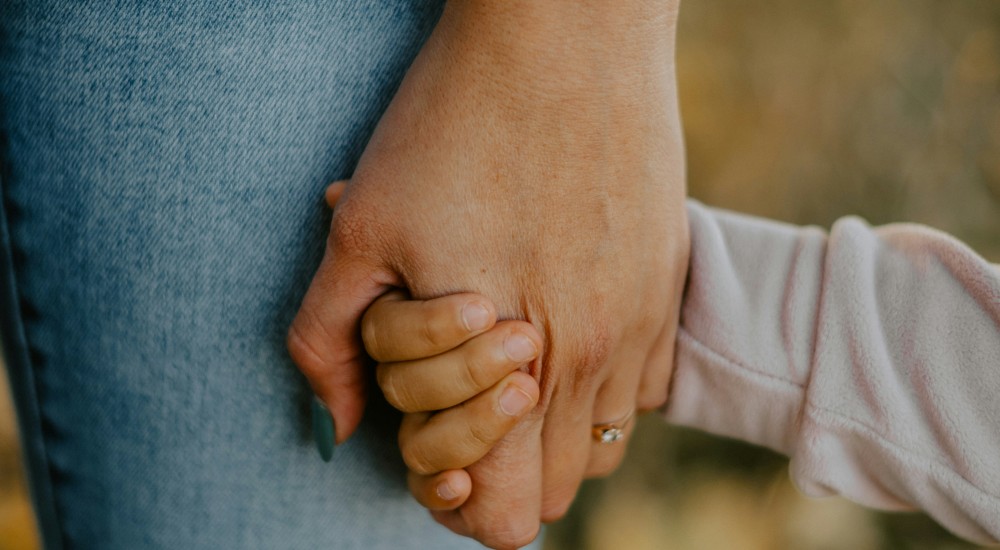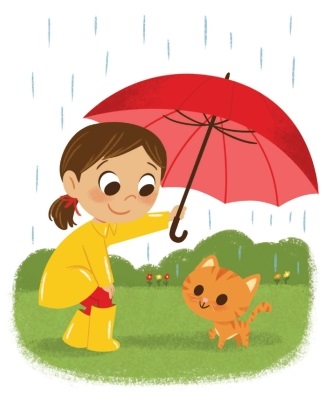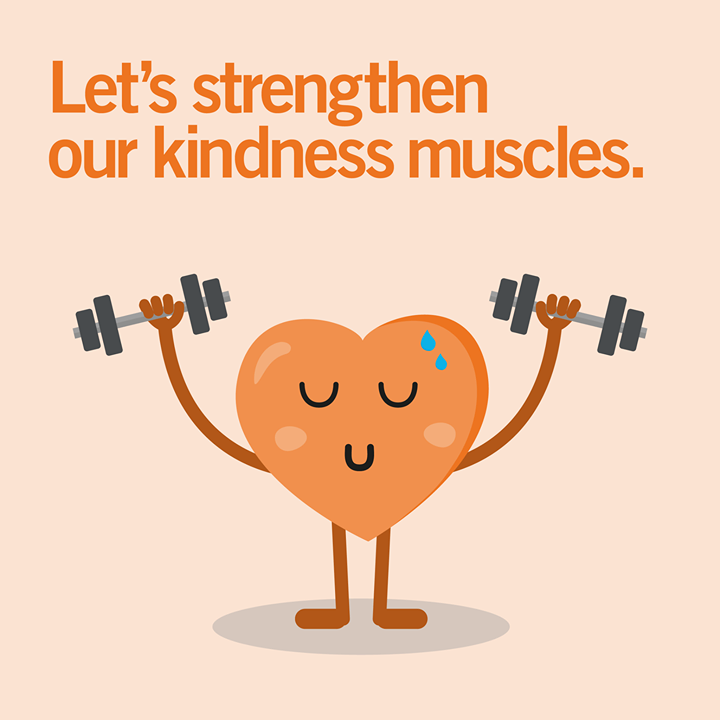
As powerful as Wonder Woman’s inner gift of super-human strength, positive psychology research tells us that the superpower of kindness is in all of our kids. We can help our kids to unlock this natural ability and utilize this superpower to be happier, have better relationships and can help our kids promote a pay it forward generation.
Let’s first define kindness so we’re all thinking about the same thing:
- Sharing goodness with others
- Doing or saying something nice that is a new for us to do (something we don’t normally do already)
- ‘Giving' something to be nice to someone:
- Giving our time: walking a neighbor’s dog, reading to kindergarten students
- Giving our efforts: carrying an elderly person’s groceries from the store to their car
- Giving something we have: sharing fresh baked cookies with a neighbor maybe it’s giving our finances: buying the coffee of the person behind us in line
What we know is that kids don’t always see kindness at school, in the news media, or from our world leaders. The good news is that they primarily look to us as parents and caregivers to lead the way with values and actions related to giving, feeling and expressing gratitude and kindness. Let’s take a look at how positive psychology’s science informs how we can help our kids access these kindness superpowers.
Benefits of the Superpower of Kindness
- Helping our kids to see through a gratitude lens works! What research tell us is grateful kids have been known to deliver kind acts
 naturally without being asked to do so.
naturally without being asked to do so. - Kids who do good—and think back on it—are driven to do more and more good.
- Part of why giving feels good to our kids is because they’re lifting someone else's spirits.
- Kids who have just received a kindness from someone have their ‘reward centre’ of their brain activated. They are more elevated, happy, and grateful, making them more likely to help someone else.
- When our kids are having a rough day, and we’ve taught them that multiple pleasant experiences are necessary to equalize one negative, they can easily deliver acts of kindness to themselves or another to feel better.
- When our kids do good deeds for others, the genetic expression in their blood is likely to be changed which could be beneficial to their overall physical health: science suggests that kids may respond to physical health adversity better!
How to Harness the Superpower of Kindness:
- Help kids get involved in taking ownership of a kindness culture in your home (ie. creating a poster: You Are Entering a Kindness Zone) helps with their excitement and buy-in.
- Help your kids to notice generosity because they are likely to be inspired to do something generous themselves. According to James Fowler & Nicholas Christakis from the University of California, San Diego, their research suggested adults that simply observe kindness are activated to do more acts of good themselves. More research will show if this effect is true for kids - but our educated guess is that it is!
- The degree of variety associated with a positive actions helps to maintain the longer-term effects of that change upon well-being. Helping your child change up the kindness actions (rather than solely doing the same lemonade stand for the SPCA every year) will keep the positive impact of their kindness actions alive.
- Kids who can recall many ‘warm fuzzies’ from recent experience will tend to rate themselves as happier than someone who cannot recall many such experiences. Helping your child with ongoing gratitude or kindness actions can help your child keep the warm feeling going. It also makes it easier to remember good feelings and naturally feel happier without even trying to reach for it.
- Teaching our kids about paying it forward is motivating and fun for them. When they know that their one kind deed is likely to cause a ripple effect of kind deeds this can activate their imagination to picture the goodness radiating across the land.
 Today is a great day to touch base with what we know about the science of kindness. Some of the biggest takeaways we can all be reminded of however, is that the benefits of flexing their ‘kindness muscles’ can continue to help our kids with their health, their relationships and their mood if they can give, receive, witness and appreciate varied acts of kindness all through the year. One way we help kids to live kindness is through our community initiative, the Kindness Patrol.
Today is a great day to touch base with what we know about the science of kindness. Some of the biggest takeaways we can all be reminded of however, is that the benefits of flexing their ‘kindness muscles’ can continue to help our kids with their health, their relationships and their mood if they can give, receive, witness and appreciate varied acts of kindness all through the year. One way we help kids to live kindness is through our community initiative, the Kindness Patrol.
Click to see more here!
Social Media:
Instagram @clinicallyhappy
Twitter @clinicallyhappy
Facebook @clinicallyhappy
Websites:
www.vancouverpsychologycentre.com
www.clinicallyhappy.ca
www.kindnesspatrol.org






